Section: Religion
There are more than 200 results, only the first 200 are displayed here.
-
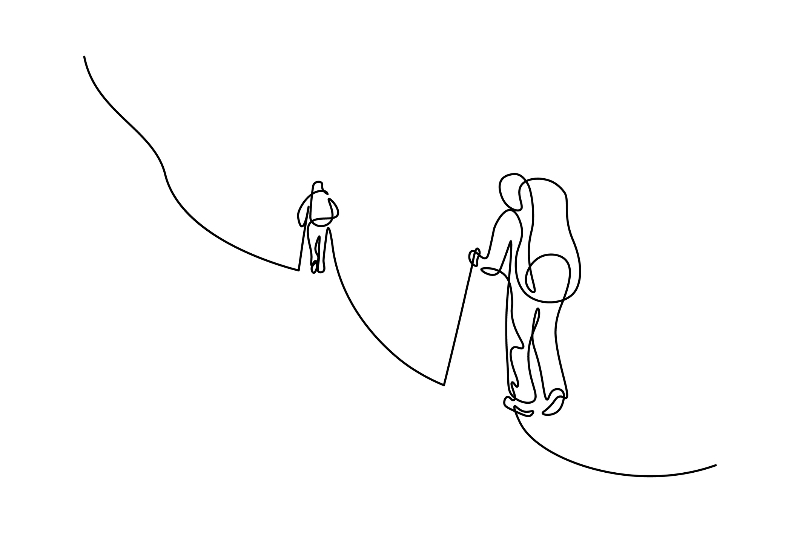
RELIGION
- Barry Gittins
- 14 April 2022
10 Comments
As a kid, all I wanted was answers. As soon as I’d get one, I’d chase the next. Nowadays, I’m happy with holding onto questions. Rephrasing, examining, thinking. The answers I have don’t always add up, and my mania for meaning, for definitive proof, is abating. I am increasingly aware that all of us, regardless of creed, creditworthiness, consciousness or credentials, lack definitive answers to life’s mysteries.
READ MORE 
-
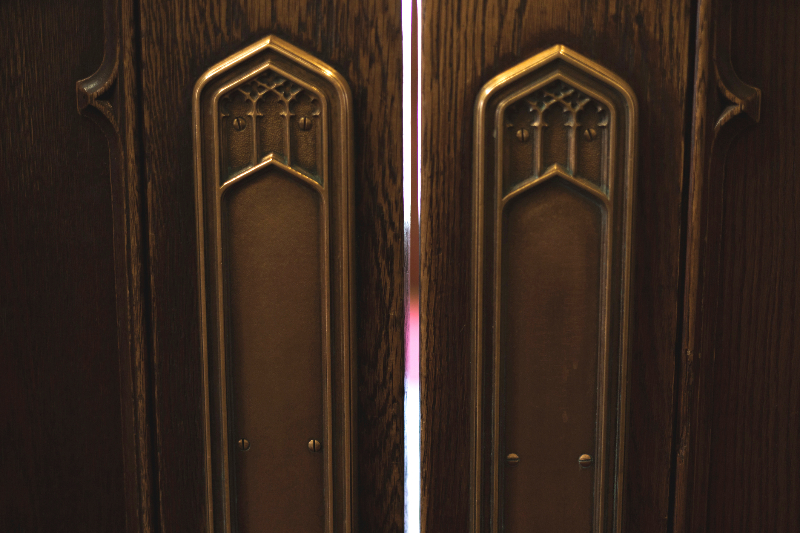
RELIGION
- John Warhurst
- 05 April 2022
19 Comments
The 280 Plenary Council (PC) Members have just taken another major step towards the Second Assembly in Sydney on 3-9 July. Yet it is difficult to have a proper public conversation about this step because it has taken place behind closed doors. Towards the Second Assembly comes a long way under the guidance of the four writing groups, whose membership has not been made public. Though it is a mixed bag, it is probably the best document emerging from the PC, making it even more frustrating that it is not in the public domain.
READ MORE 
-
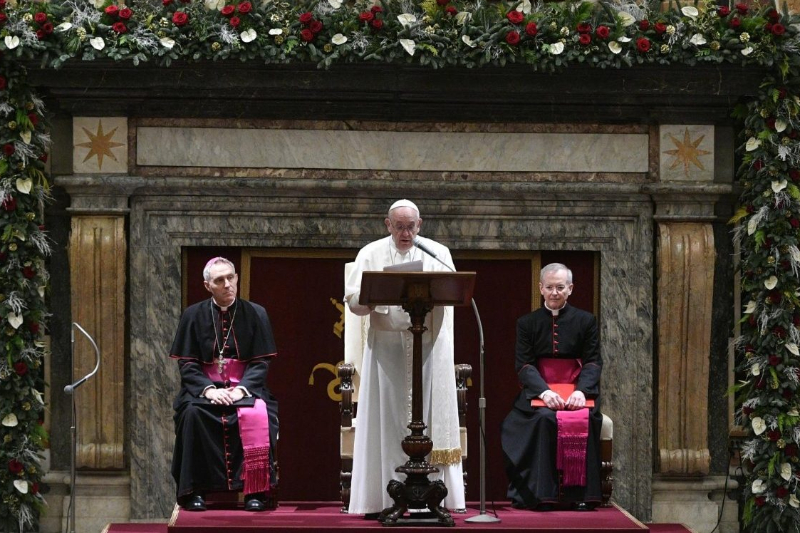
RELIGION
- Brian Lucas
- 29 March 2022
12 Comments
Prior to the conclave that elected Pope Francis, the Cardinals who met together identified the need for a reform of the Vatican finances and a broader reform of the Roman Curia. Shortly after Francis was elected, work began on the reform of the Roman Curia. There was wide consultation including with the various bishops’ conferences around the world.
READ MORE 
-

RELIGION
- Andrew Hamilton
- 24 March 2022
10 Comments
Any program of church reform will have soon to ask Chernyshevsky’s question, What is to be done? It is a dangerous question — he wrote his novel from jail and spent much of his life in exile or imprisonment. Discussion of Church matters is mercifully less perilous today, but the question does invite a radical repiecing of the connections and tradition and energies that constitute Catholic life.
READ MORE 
-
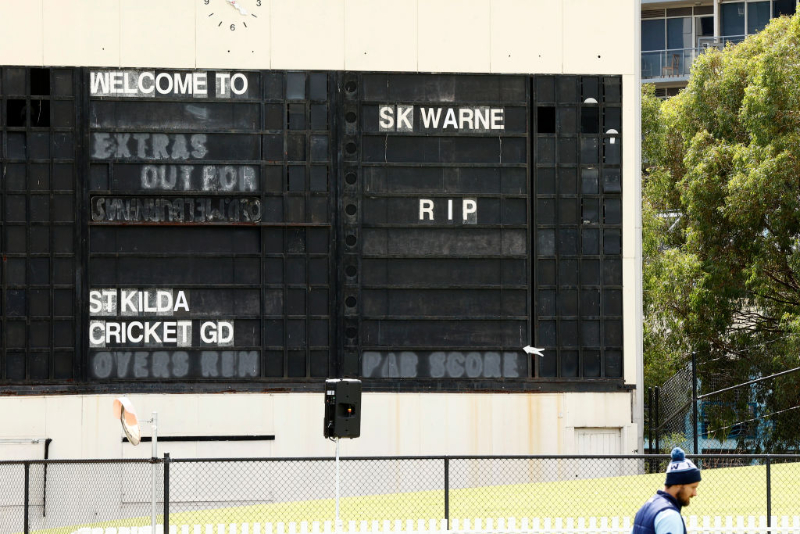
RELIGION
While we have been (barely) coping with a pandemic and natural disasters, the death of a larger-than-life figure like Shane Warne — an ordinary-bloke-cum-sporting-legend, an ever-present companion to Australian audiences, and seemly untouchable — has really brought home the fragility of life. It has drastically reminded us of our mortality: that we don’t live forever.
READ MORE 
-
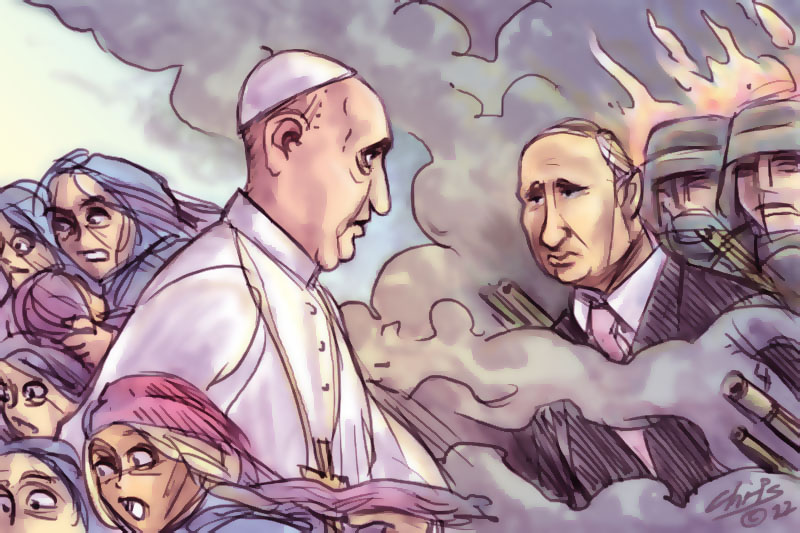
RELIGION
- Miles Pattenden
- 15 March 2022
19 Comments
Even as he sustains the papacy’s now traditional opposition to all forms of war and its emphasis on the extreme suffering war brings, especially to the innocent, Pope Francis has, in recent weeks, taken a different, more partisan approach which he and others must feel is justified.
READ MORE 
-
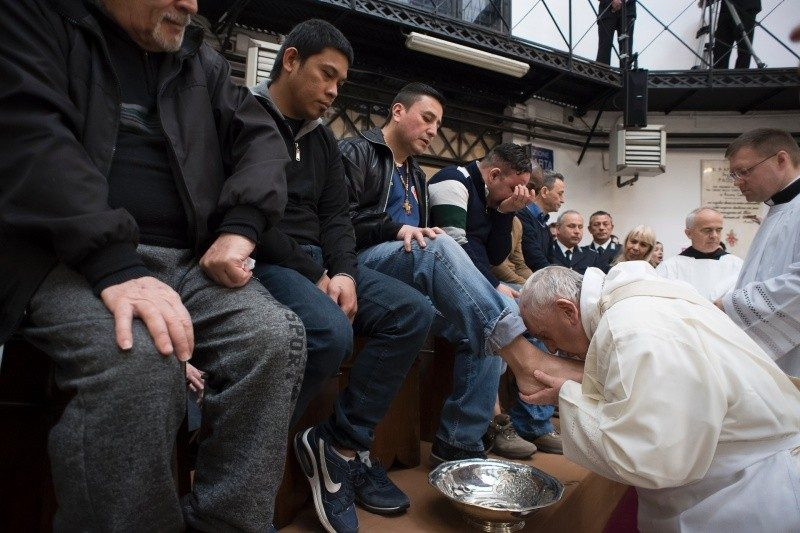
RELIGION
- Anne Benjamin
- 24 February 2022
25 Comments
The call to synodality is a call to convert, reform and renew the church’s organisational culture. New cultures do not emerge automatically. It is not about turning upside down the present pyramid structure of the church with a clerical hierarchy at the top and the faithful on the bottom. The church is not a political democracy, but a ‘holy people’ whose mission is to make God and Jesus present and, in a sense, visible to our world.
READ MORE 
-

RELIGION
- Andrew Hamilton
- 24 February 2022
44 Comments
A local event in the United States Catholic Church has recently aroused interest in Australia. A Bishop declared to be invalid (non-existent and without effect) baptisms celebrated over twenty years by a priest of his diocese. As a result people baptised by the priest will have to be properly baptised. Although the issues raised by this event are specific to the Catholic Church it raises broader questions of how any group should respond to behaviour considered deviant.
READ MORE 
-
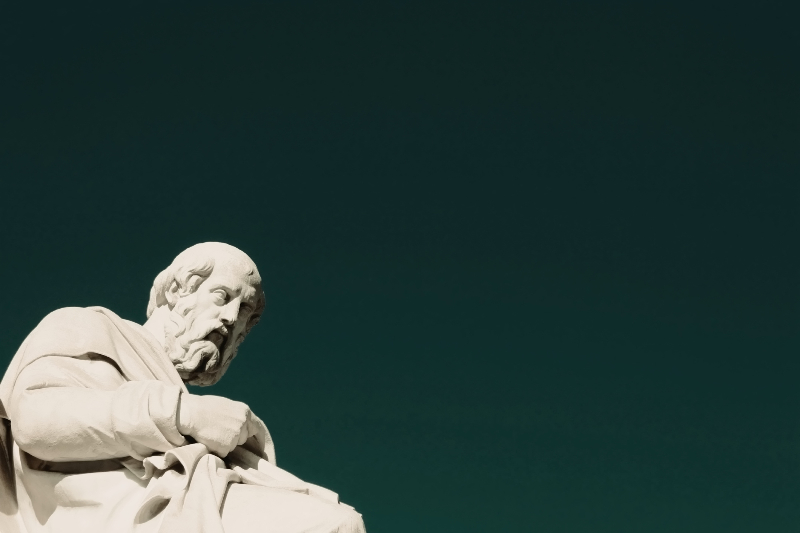
RELIGION
- Gerry O'Neill
- 17 February 2022
13 Comments
At a time when the Catholic Church is being invited to greater humility by the Plenary Council and greater synodality by Pope Francis it may be prudent to acknowledge both the richness and limitations of human knowing, especially when it comes to matters concerning ultimate reality.
READ MORE 
-
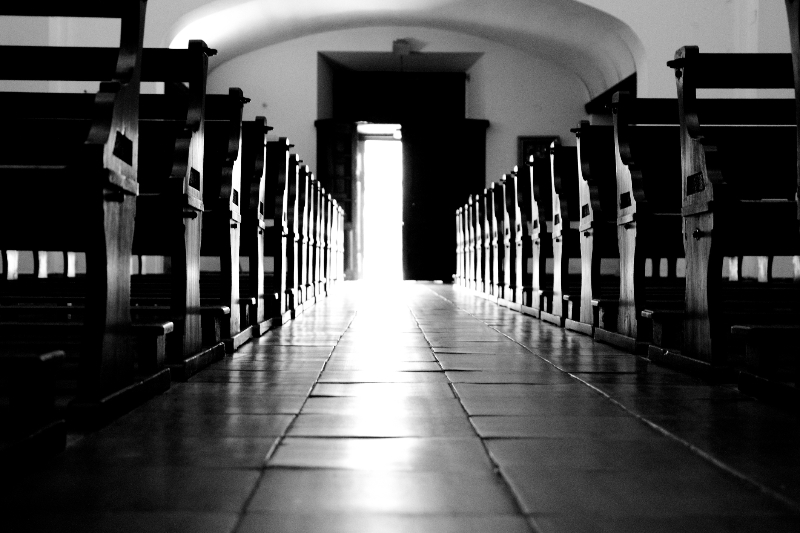
RELIGION
- John Warhurst
- 10 February 2022
37 Comments
The Church in Australia has taken a step towards greater transparency with the release by the Australian Catholic Bishops Conference (ACBC) of its first ever Annual Report-this one for the 2020 year. This step is welcome, but there is more to be done. Synodality and co-responsibility presumes that those who are walking together have equal access to information upon which to discern the future of the Church at all levels.
READ MORE 
-
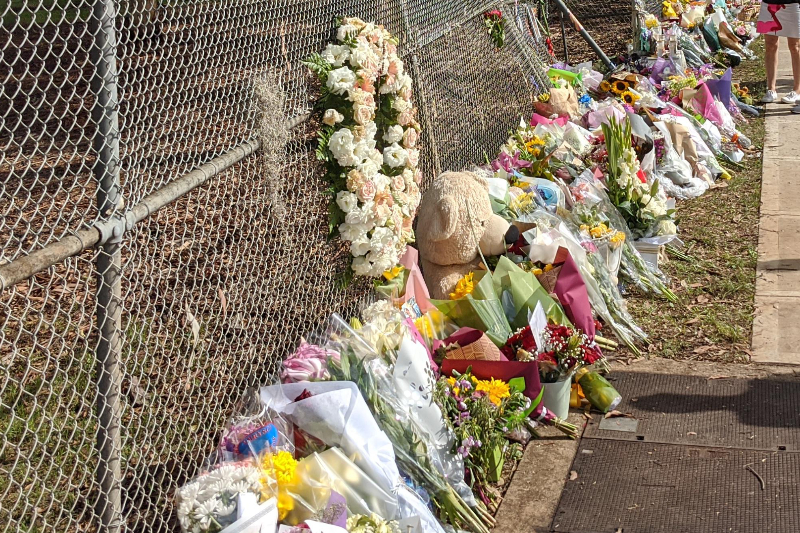
RELIGION
- Simon Smart
- 04 February 2022
10 Comments
How are your New Year’s resolutions going? One that probably didn’t make the list was: forgive more. But maybe it should have. I recently met a couple, Danny and Leila Abdallah, who have a compelling story to illustrate that, while challenging, forgiveness offers unexpected rewards. I interviewed them for a podcast and can’t stop thinking about them.
READ MORE 
-

RELIGION
- Jānis (John) T. Ozoliņš
- 03 February 2022
40 Comments
As if the Covid-19 pandemic has not been testing enough, modern life has never seemed more difficult than it does at present. We are bombarded on all sides by masses of information, misinformation, expert opinions, and the relentless, strident voices of social media browbeating us into accepting the dogmatic conclusions of leading influencers.
READ MORE 